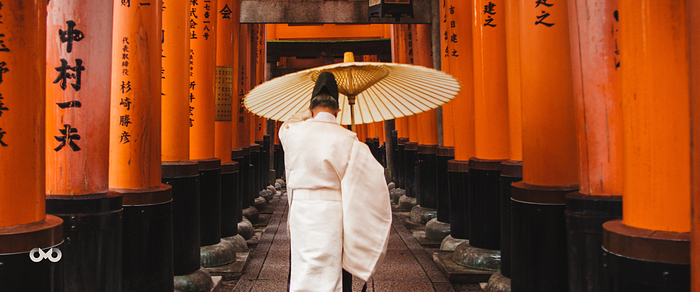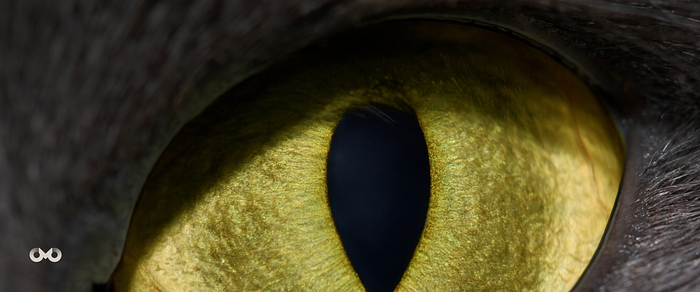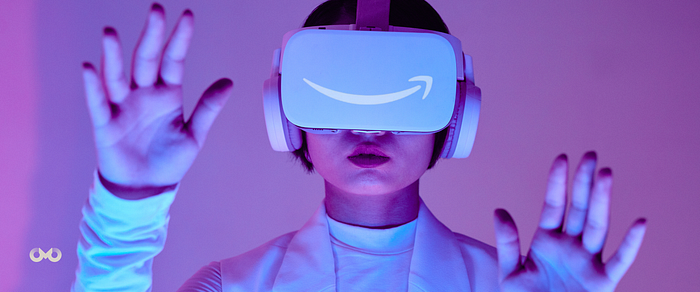Empathy is an essential trait that binds humans together.
It transcends cultures, stories, and even species, shaping how we connect with one another and with the world around us. As storytellers, creatives, and even non-creatives who enjoy consuming stories, empathy plays a critical role in understanding not only others but also ourselves. Whether we’re watching a gripping movie, reading a novel, or simply engaging in a heartfelt conversation, the core motivation is the desire to feel something genuine.
But why is empathy so important? And how does it intersect with authenticity and wisdom?
The Human Need for Connection
We are, by nature, connection-based beings.
Our lives revolve around our relationships with others — whether through direct interactions or through the stories we share and consume. The need for empathy, as well as the desire to connect, stems from our evolutionary wiring. We thrive on communication, emotional bonds, and the ability to relate to others’ experiences.
Empathy is not only essential for emotional well-being, but it is also a prerequisite for wisdom.
Empathy as the Foundation of Wisdom
Wisdom, after all, is a blend of experience, knowledge, mindset, and empathy.
True wisdom requires understanding others’ perspectives, emotions, and challenges. Without empathy, it’s impossible to contribute meaningfully to society or lead a fulfilled life.
In short, wisdom without empathy falls short of its potential.
Cultural Wisdom on Interconnectedness
In various cultures, it has been captured in ancient sayings and proverbs.
For example, in Japanese culture, there’s a metaphor that people cannot stand alone. This wisdom, rooted in communal understanding, reinforces the idea that human beings need others to thrive.

We rely on feedback, encouragement, and empathy from those around us to evolve and grow.
The Role of Authenticity in Empathy
Empathy and authenticity go hand in hand.
While empathy helps us understand and connect with others, authenticity allows us to be true to ourselves while doing so. In a world filled with external influences, it’s easy to fall into the trap of comparison and mimicry. We compare our lives, achievements, and even emotions to others, often at the expense of our authenticity.
From Ingestion to Digestion
Being authentic, however, doesn’t necessarily mean being loud or aggressive.
It means being bold enough to embrace your true self, regardless of how you express it. Whether you’re naturally quiet or outspoken, the key is to remain authentic. Comparison can be a useful tool for self-reflection, but it shouldn’t dictate who we are. Instead, it should serve as feedback that informs our personal growth, not as a mirror that reshapes us into someone we’re not.
In many ways, authenticity can be seen as the digestion of life experiences — less ingestion of external noise and more internal reflection.
We need to process what we take in from the world, integrating it into our own narrative rather than adopting it wholesale.
Ancient Wisdom and Modern Insights
How Chengyu Reveals the Hidden Truths of Empathy and Authenticity
Empathy and authenticity are universal truths, often reflected in the timeless wisdom of different cultures.
For instance, in Chinese and Japanese traditions, poetic forms like Chengyu encapsulate profound lessons. These quatrains often draw from historical events or natural phenomena, offering insights that transcend generations.
Much like the spontaneous wisdom found in everyday conversations, these poetic verses highlight how deeply embedded empathy and authenticity are in human consciousness.

Why You Can’t Cover Up Who You Really Are
An exemple of Chengyu.
One such ancient saying, “You can’t hide a fire with paper,” emphasizes the futility of pretending to be something you’re not. Just as a fire will eventually burn through the paper covering it, so too will the truth of one’s emotions and intentions eventually reveal themselves.
Authenticity is not just about being honest with others; it’s about being honest with yourself.
Empathy Beyond Humans: Lessons from the Animal Kingdom
Animals Display Human-like Empathy
Empathy is not exclusive to humans.
Studies and real-world examples have shown that animals, particularly primates, exhibit empathy in ways that mirror our own emotional responses. From orangutans saving humans to animals rescuing each other, empathy in the animal kingdom serves as a reminder that compassion is not a uniquely human trait.

Beyond Survival
While many animals operate in a competitive environment driven by survival instincts, there are countless stories of empathy transcending these basic needs. Primates, in particular, show complex social behaviors where empathy plays a significant role.
This challenges the notion that empathy is a purely human construct and highlights its fundamental role in the survival of various species.
The Dark Side of Animal Empathy and Survival
When Nature Gets Brutal…
However, there’s also a darker side to animal behavior that reflects the complexity of survival and empathy. In chimpanzee communities, for example, alpha males may resort to violence if they perceive a threat to their lineage, even going as far as killing offspring that aren’t their own.
This demonstrates how, even within a species known for its empathy, survival instincts can clash with compassionate behaviors.
Balancing Empathy and Instincts
As humans, we also struggle with the balance between our empathetic and animalistic sides.
While empathy encourages us to connect and care for others, our survival instincts can sometimes push us toward more reactive and impulsive behavior. Understanding and nurturing both aspects of our nature is essential for leading a balanced life.
Embracing both our animal instincts and our empathetic nature can be challenging, particularly in a world that often rewards aggression and competition. Yet, it is through empathy and authenticity that we find true strength. Bravery, after all, is not about being the loudest in the room. It’s about having the courage to be true to who you are, even in the face of external pressures.
The Future of Empathy and Authenticity

In a world where comparison and competition are often the norm, empathy and authenticity are more important than ever. They ground us, provide perspective, and remind us of our shared humanity. Whether you draw from ancient wisdom, observe animal behavior, or simply reflect on your own life experiences, it’s clear that empathy is the thread that ties us all together.
As we move forward, we must nurture empathy in ourselves and in others, not just as a means of survival, but as a path to wisdom, connection, and authenticity.
In doing so, we honor our shared human experience and the broader web of life that connects us to all living beings.
[SOURCE OF ARTICLE]
This article was inspired from Madame Vision’s podcast “Beyond the Hustle,” featuring Ivan Huang in Episode 14.
Listen to the full episode here:
Spotify | Apple Podcasts | Youtube

.png)





